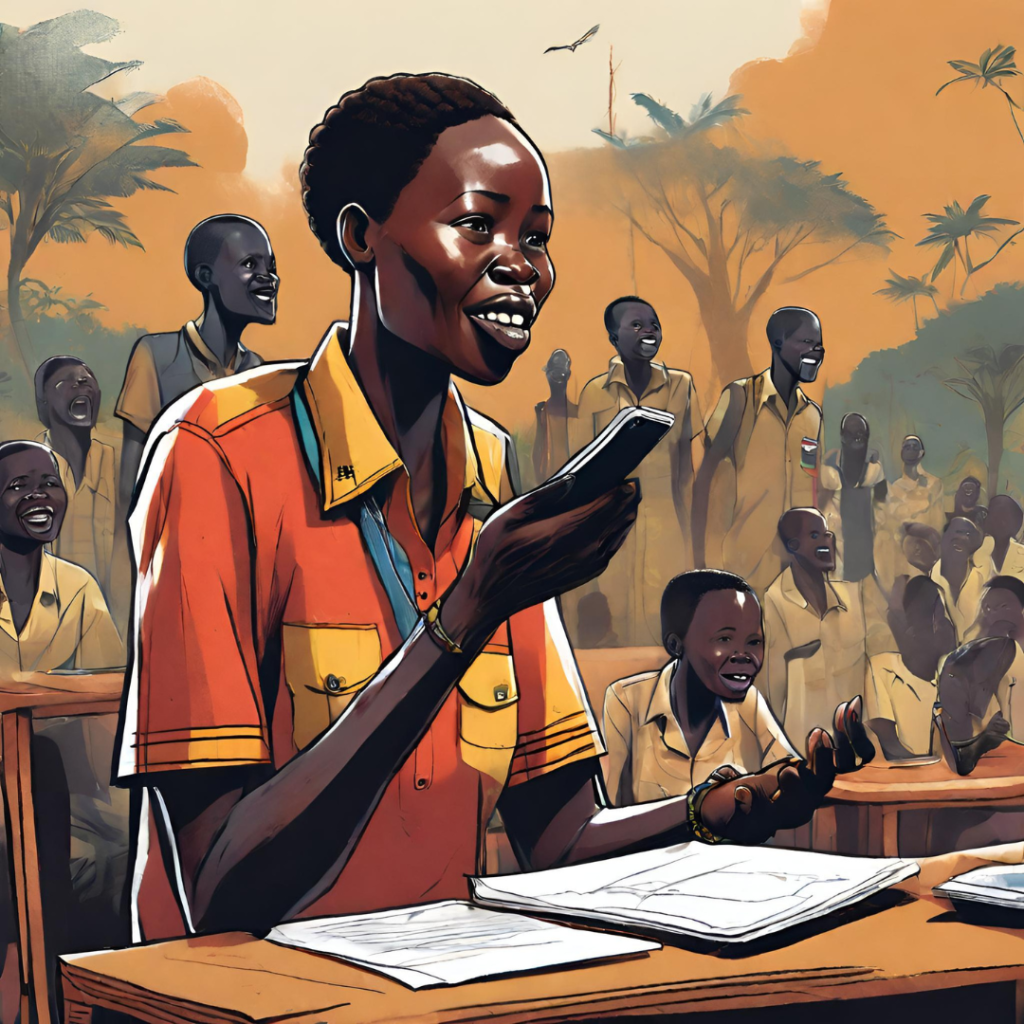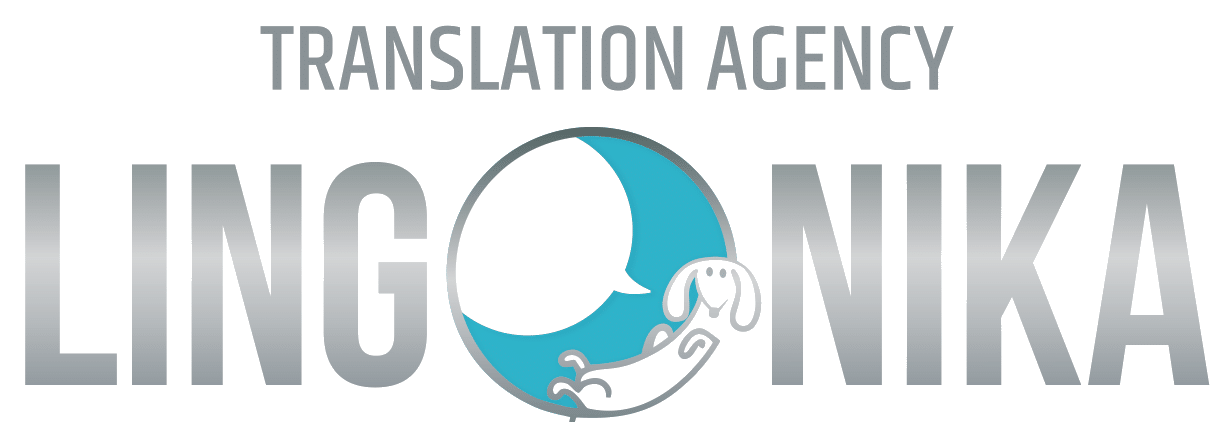
Venture into the heart of Uganda, and you’ll encounter a rich tapestry of languages that reflect the diversity of this East African nation. Uganda’s linguistic landscape is as varied as its breathtaking landscapes and vibrant culture.
In the southwestern region, the Ankole Kingdom prevails, and with it, the language of Runyankole. However, this region also boasts other languages, including Rukiga, Rufumbira, Lukonzo, and Twa (spoken by the indigenous minority group) and Lugungu, among others.
To the west in West Nile, you’ll find Lugbara, Madi, Alur, and Jonam dominating the linguistic scene. The indigenous minority in this region is the Lendu.
Heading north, the Acholi and Lango languages take the spotlight in Northern Uganda.
Eastern Uganda paints a linguistic mosaic with Teso, Lusoga, and Lumasaba languages reigning supreme.
Officially, English and Kiswahili are the recognized languages of Uganda. However, in practice, Luganda has emerged as the de facto lingua franca of the nation. Spoken by the Baganda, Uganda’s largest ethnic group, Luganda is upheld by the well-structured administrative systems of the Baganda Kingdom, Buganda. This promotes the indigenous language and culture of the community. Much of Uganda’s contemporary music finds its voice in Luganda; even non-Baganda artists have ventured into Luganda music to achieve national recognition. Video jockeys translating movies into Luganda have contributed significantly to its popularity, especially among semi-illiterate and illiterate audiences.
The recent discovery of oil in Western Uganda has heightened the demand for translations into local languages such as Lugungu, Runyoro, and Alur, especially for oil companies and Civil Society Organizations operating in the region.
Uganda proudly houses recognized indigenous minority groups like the Batwa, also known as Pygmies, IK, Thur, Kebu, and several unacknowledged ones.
Why You Need a Ugandan Languages Translator
Navigating the linguistic intricacies of Uganda calls for a skilled translator who understands the languages and the cultural nuances that are integral to communication.
Ugandan translators possess a profound grasp of the country’s etiquette. In the southwestern region, greetings are incomplete without a double hug, while a firm handshake suffices in other parts of the country. Ugandans place a high value on respect; knowing the profession of the person you’re meeting is significant, as titles play a crucial role. Addressing someone as “Mr.,” “Madam,” or “Miss” can be a sign of respect. With our deep cultural insight, we are your ideal choice for translations, ensuring linguistic accuracy and cultural understanding.

